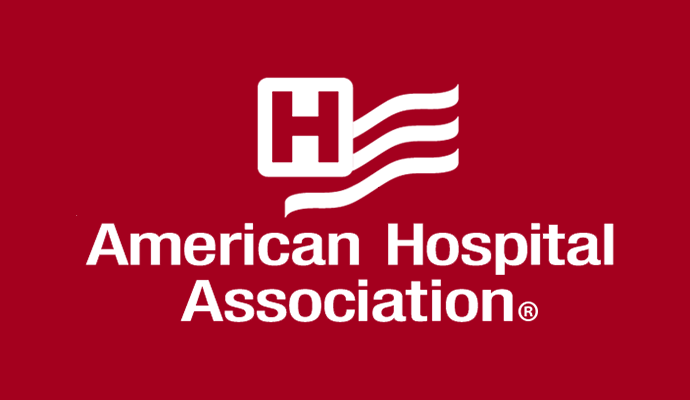Hospitals Ask Lawmakers for Well-Being, Workplace Safety Support
The American Hospital Association wrote a letter to Congressional leaders with a legislative wishlist for supporting the healthcare workforce amid rising burnout rates and violence in EDs.

Source: American Hospital Association/Xtelligent Healthcare Media
- Hospitals and health systems are facing a staffing emergency, the American Hospital Association (AHA) said in response to a Senate Health, Education, Labor & Pensions (HELP) Committee Request for Information on the state of the healthcare workforce.
The healthcare workforce had significant sustainability challenges prior to the COVID-19 pandemic, but the ongoing public health crisis has exacerbated clinician shortages, burnout, and other major issues impacting healthcare professionals, AHA explained in the Mar. 20th letter.
Clinician burnout reached a new high during the COVID-19 pandemic, according to a 2022 study published in Mayo Clinic Proceedings. Burnout is also one of the top reasons physicians seek to leave the healthcare workforce.
AHA called for Congressional support through legislation aimed at bolstering workforce well-being and reducing workplace violence to solve the nation’s growing healthcare workforce crisis. Among the group’s wishes is support for “well-being-focused initiatives,” such as learning collaboratives stood up by the Dr. Lorna Breen Health Care Provider Protection Act of 2022, and funding for projects that pinpoint and assess how behavioral health issues play a role in licensure and application processes.
“As noted in the National Academy of Medicine’s National Plan, many clinicians fear losing their license or ability to practice based on questions relating to their mental health that may be overly broad or invasive,” the letter stated. “These questions may inadvertently serve to stigmatize mental health issues and can create barriers for clinicians to seeking appropriate treatment and decrease clinician well-being.”
AHA also called on Congress to address workplace violence, which doctors say has become more prevalent during the pandemic. About 44 percent of registered nurses surveyed for a Workplace Health & Safety study reported experiencing physical violence during the pandemic. Sixty-eight percent reported experiencing verbal abuse.
Passing the bipartisan Safety from Violence for Healthcare Employees Act would protect the healthcare workforce and its well-being by making assaulting or intimidating healthcare workers a federal offense, the AHA said. The Act would also establish a new grant program so hospitals could bolster their capacity to prevent violence, including boosting security systems and training staff.
The hospital group also asked Congress to strengthen the behavioral health workforce through more graduate medical education slots, streamlined licensure applications, and fewer administrative barriers. The behavioral health workforce was hit hard by clinician burnout and shortages during the pandemic, which also substantially increased the demand for mental health services.
In addition to supporting healthcare workforce well-being and safety, AHA also identified potential solutions to several other challenges hospitals and health systems face, including the rising expense of contracted labor.
The latest data from AHA and Syntellist found that hospital contract labor expenses jumped by 258 percent from pre-pandemic levels. Contract labor full-time equivalents (FTEs) also increased by 138 percent over the three years, with the median wage rate paid to contract staffing firms jumping by nearly 57 percent.
The AHA remains concerned the conduct of some of these travel staffing agencies bears all the hallmarks of collusion and perhaps other abuses,” told lawmakers.
The hospital group suggested that Congress push the White House to investigate potential antitrust and competition within the healthcare contract labor market. Lawmakers have already acknowledged the potential problems with staffing agencies, but no action has been taken.
“We must work together to solve these issues so our nation’s hospitals and health systems, post-acute and behavioral health care providers can continue to care for the patients and communities they serve,” AHA concluded the letter.
